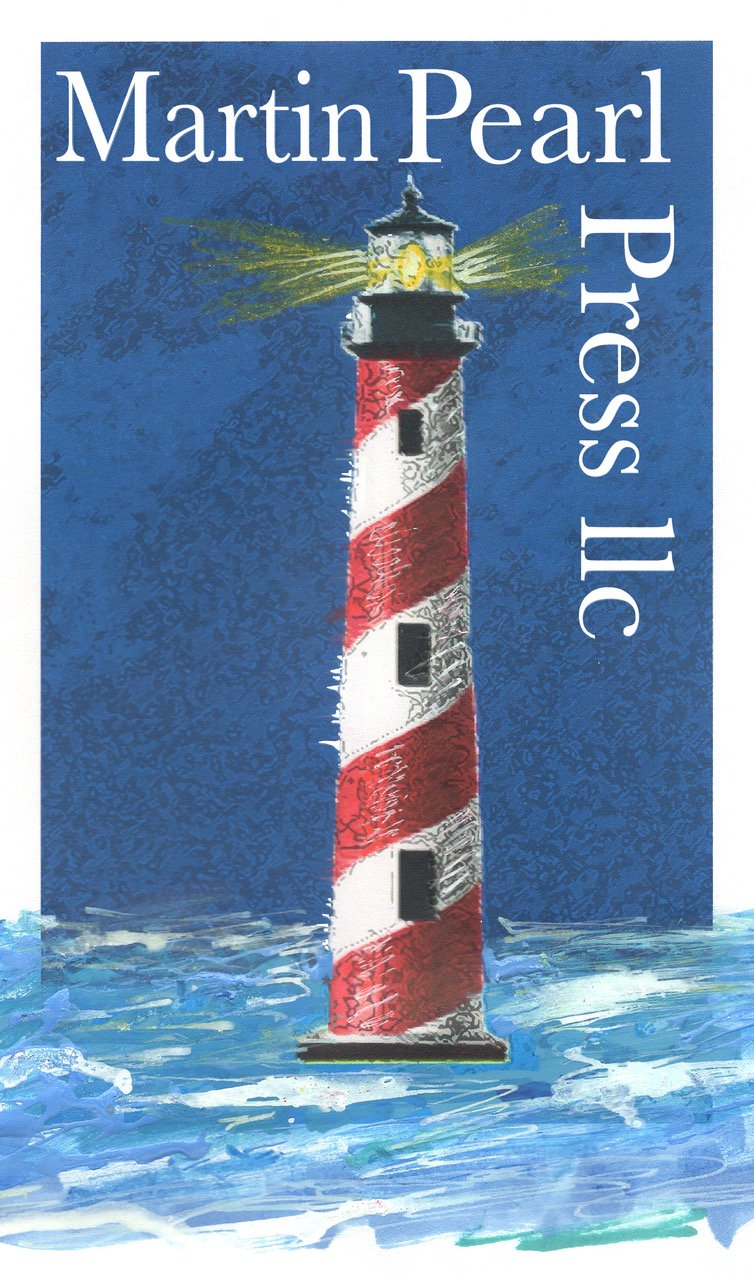Kitchen Table Payroll
My father "did the payroll" on the kitchen table on Wednesday nights after dinner. When I was around 10 years old, I was allowed to help. My father showed me how to take the hours from the foreman's notebook, determine if the hours were straight time, time and a half overtime or occasionally double time. Multiply the rate times the hours to calculate Gross Wages.
After calculating Gross Wages, I looked up taxes and other deductions to be subtracted from Gross Wages to get Net Pay. An IRS (Internal Revenue Service) booklet contained Social Security and Federal Income Tax. A State of Massachusetts booklet gave amounts for State Income Tax. The Teamsters Union contract specified health and welfare and pension deductions for men who worked on City of Boston garbage contract.
After a few weeks, my father taught me to write paychecks. First we used the 3-up checks, writing the calculations on the binder stub and on the check stub for the employees' records. I filled out the date, the employee's name, the amount in numbers and wrote the amount out in cursive.
One Wednesday night, my father came home with the Safeguard One-Write Payroll. The system saved time and increased accuracy. I saw the benefits of the Safeguard system immediately. Many years later I joined Safeguard Business Systems, the parent company, as their first Controller.
Steady Paychecks Sustain Families
If I made a mistake on a man's paycheck, I heard about it immediately. Employees took paycheck questions to their foreman. The foreman talked to my father. My father showed me how to correct the mistake.
My father taught me, "Families depended on their weekly paycheck - they have to be accurate." Forty families in Boston, Massachusetts relied on a weekly paycheck from James A Freaney Inc. for food, shelter and the basic necessities of life. My father felt responsible, not just for our family, but for the families of his employees also.
Garbage and Sewers
My father's most important job, after payroll, was "bidding jobs" so the men would have enough hours to get a steady paycheck each week. He had to make sure the jobs he bid covered all the business expenses and a steady paycheck for our family and “mother”, Mean NanaMae.
Married men turned the paycheck over to their wives to buy food, pay the rent, take the kids to the doctor, etc. Unmarried men had more discretion with their paycheck, until they found a steady girlfriend. Then they began saving for a wedding and to set up a household.
Occasionally one of the men cashed his check in a bar and ended up in jail. My father got out of bed, went to the jail and posted bail.
Sometimes my father made a small loan, when the paycheck didn't stretch quite far enough.
Freaney Garbage Truck
Sanitation Engineer?
My friends would say, "Your father is a Sanitation Engineer", when I said he was in "garbage and sewers." My father would laugh - Sanitation Engineer. He didn't have a College Degree, how could he be an Engineer?
In fact, if a stranger called early in the morning, my father would tell the person he was the janitor. I think sometimes he wished he was the janitor, with someone else taking responsibility for making sure he got a steady paycheck each week.



